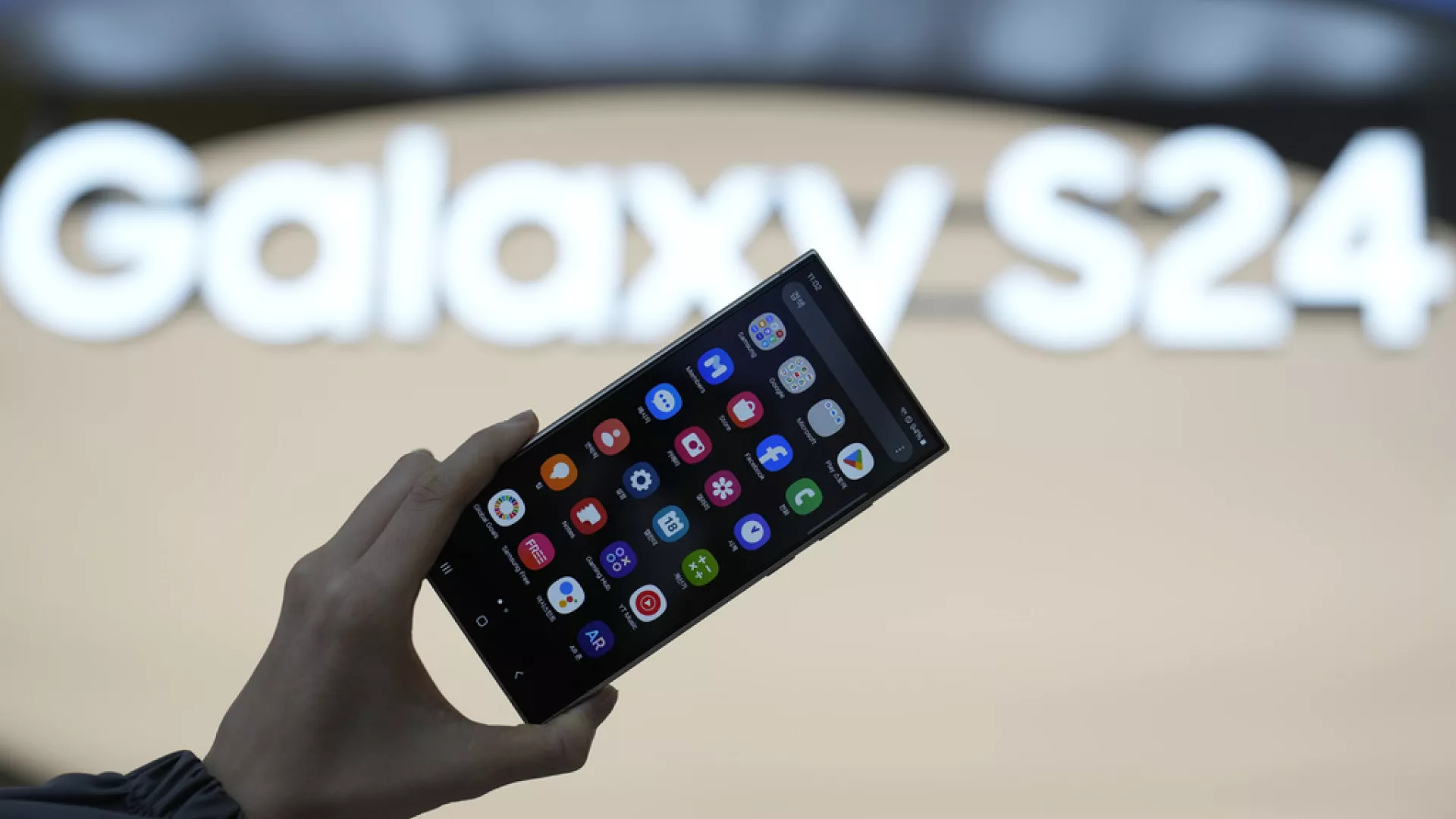Samsung has reclaimed its title as the world’s leading smartphone manufacturer, dethroning Apple amidst a dynamic market landscape characterized by shifting consumer preferences and intensifying competition.
Recent data indicates that Samsung now commands a commanding 20.8% share of the global smartphone market, surging ahead of Apple’s 17.3% share. Xiaomi follows closely in third place with a 14.1% share, signaling a reshuffling of the industry hierarchy.
While Apple briefly enjoyed a resurgence in 2023, interrupting Samsung’s 13-year dominance, its triumph proved ephemeral. A downturn in iPhone shipments by approximately 10% during the first quarter of 2024 underscores the seismic impact of heightened Android competition, spearheaded by Samsung, Huawei, Xiaomi, and other contenders.
In particular, Apple’s market challenges in China have been compounded by a burgeoning trend of cost-conscious consumers gravitating towards more affordable alternatives amidst the lingering repercussions of the pandemic and escalating cost of living pressures.
The competitive landscape in China has witnessed Huawei emerge as a formidable adversary at the premium segment, while mid-tier consumers exhibit a pronounced preference for offerings from Vivo, Oppo, and Xiaomi. Moreover, Apple’s operational hurdles in China, exacerbated by regulatory restrictions, mirror escalating tensions between the US and China, with ramifications extending to the tech sector.
In stark contrast, Samsung’s Galaxy S24 smartphone has witnessed a meteoric rise in sales, surpassing its predecessor, the Galaxy S23, with over 60 million units shipped in the first quarter alone. Notably, the incorporation of Galaxy artificial intelligence (AI) technology has catalyzed consumer interest, offering an array of innovative features ranging from chat assistance to live translation and generative editing.
Amidst this fervent market churn, Samsung faces a formidable challenge from a cohort of Chinese contenders, including Xiaomi, Huawei, and Transsion. These brands, buoyed by a wave of popularity among value-conscious consumers, pose a credible threat to Samsung’s hegemony, particularly in European markets where budget-friendly offerings have garnered significant traction.
Xiaomi, in particular, has embarked on an ambitious global strategy overhaul, diversifying its product portfolio and expanding into adjacent sectors such as electric vehicles. The recent unveiling of its inaugural electric vehicle, the SU7, underscores Xiaomi’s aspirations to forge an integrated ecosystem spanning human, automotive, and smart home domains, capturing the imagination of investors and consumers alike.



























